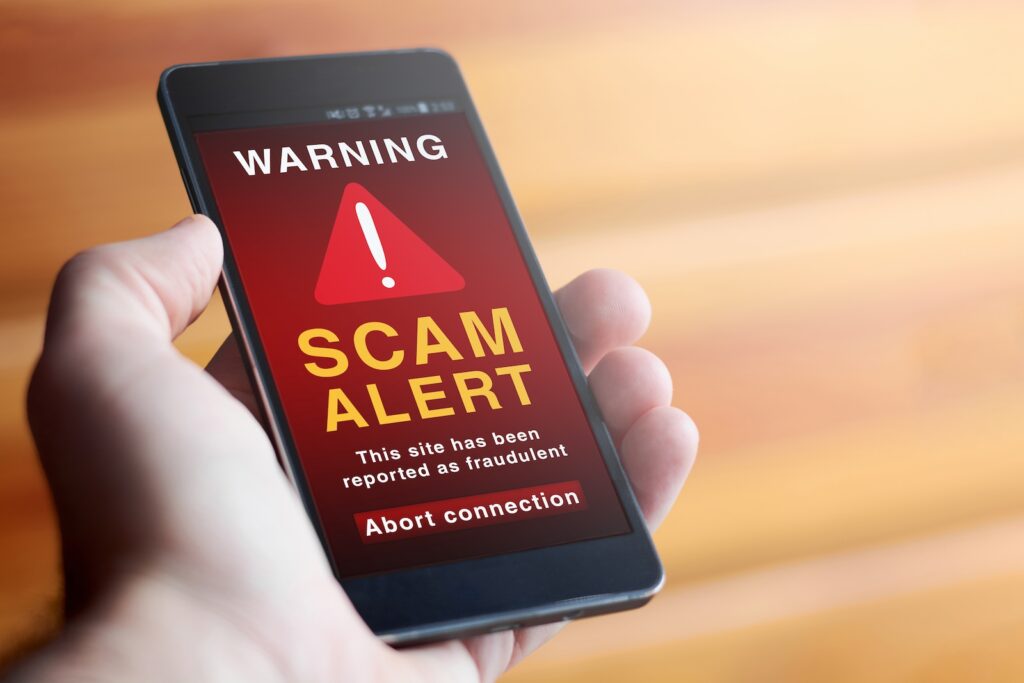Beware of Fake Business Invoices: How Scammers Steal Your Money
In a world where we’re constantly bombarded with emails, texts, and notifications, scammers have found a sneaky new way to cheat us out of our hard-earned money. Imagine you’ve just had some work done on your house, or maybe you bought something online, and you’re expecting the invoice to land in your inbox any day. But, there’s a twist. The invoice you receive is not from the company you thought it was. Instead, it’s from a scammer pretending to be that company, and they’re trying to trick you into sending them money.
This sneaky trick plays out when scammers disguise themselves as legitimate businesses. They send out fake invoices that look incredibly real, complete with the business logo and all the details you’d expect, except for one major difference – the bank account details. These fraudulent invoices direct your payment to the scammer’s bank account instead of the real business’s account. This way, without even realizing it, you end up paying the scammers instead of the genuine business.
The reason this scam is particularly nasty is because it exploits your trust. You might not even question the invoice since it’s from a business you were already expecting to pay. The scammers count on this trust, making this one of their most effective tricks.
So, how can you protect yourself from falling victim to this devious scheme?
Firstly, always be skeptical of any invoices or financial requests that come via email or any other communication forms, especially if they’re asking for immediate payment. If the payment details have changed or something just feels off, trust your gut.
Contact the company directly using a verified phone number or email address. Don’t use the contact information provided on the suspicious invoice, as this could lead you straight back to the scammer. It’s always better to reach out and verify any changes in payment details or unexpected requests for money.
Additionally, keep an eye out for any spelling mistakes or unusual phrases in the invoice, as these can be telltale signs of a scam. Remember, legitimate businesses usually have a professional standard for their communications, so any deviation from this could be a red flag.
Double-checking might seem like a hassle, especially if you’re waiting to wrap up a payment, but taking that extra step could save you from losing significant amounts of money to these con artists.
At the end of the day, the digital world is filled with opportunities for scammers to try and trick us. But by staying informed and cautious, we can protect our finances and personal information from falling into the wrong hands. Remember, in the battle against scams, knowledge and skepticism are your best defenses.

